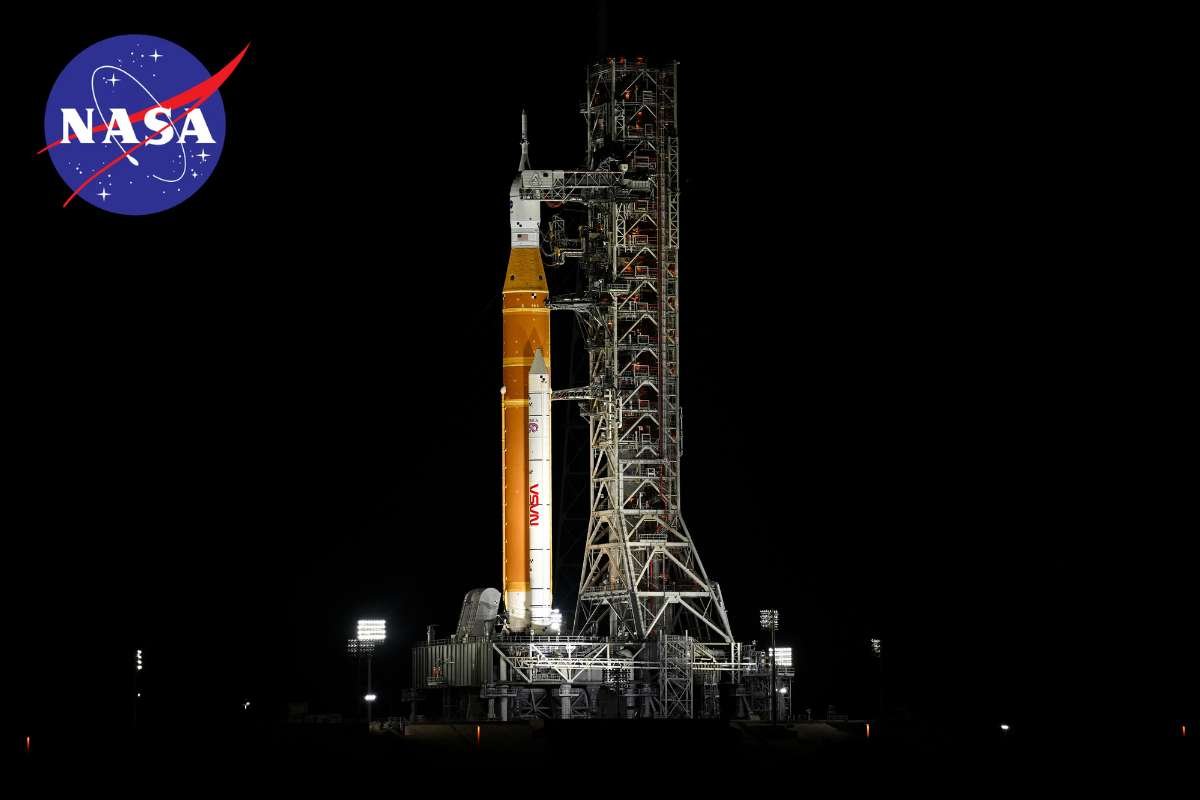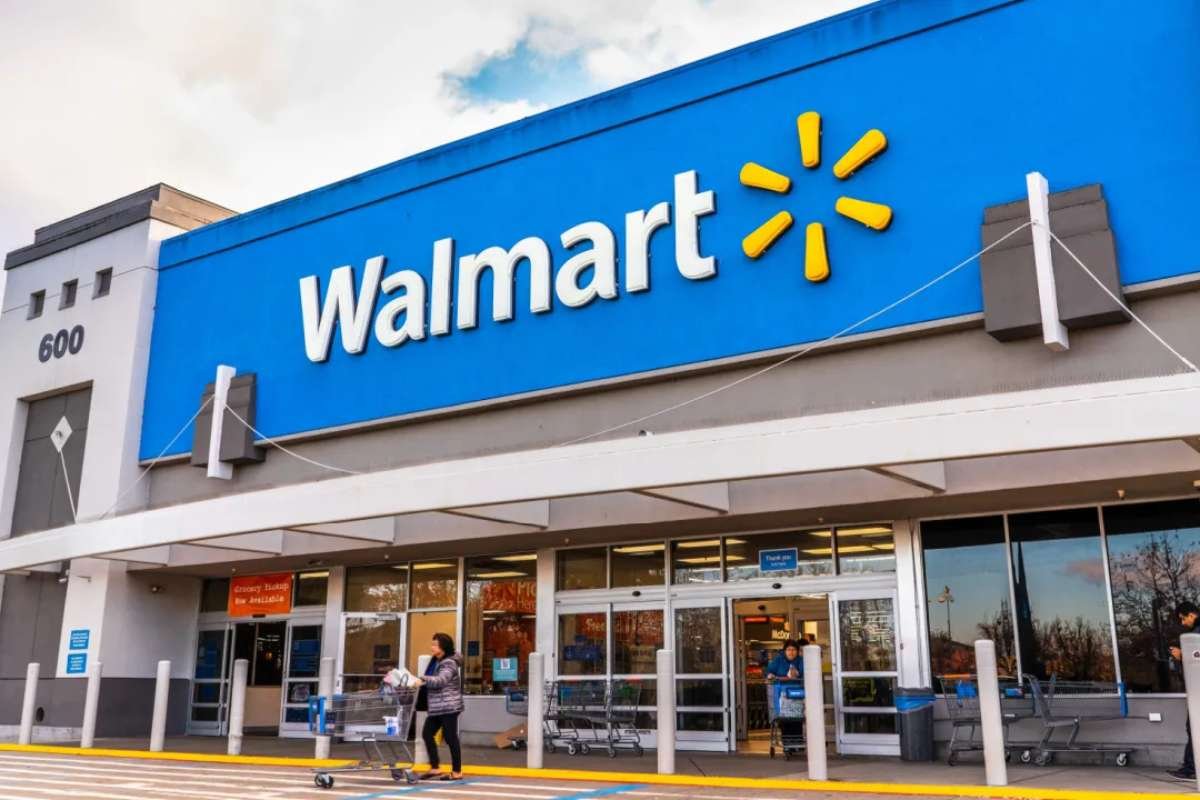New Tariff Measures to Target Deceptive Shipping Practices
The U.S. government has introduced a new tariff policy to address the influx of synthetic opioids from China, particularly those concealed in low-value imports. The new policy, set to take effect on May 2, 2025, will eliminate duty-free treatment for small shipments from China and Hong Kong that were previously exempt under the de minimis provision of the Tariff Act of 1930. These shipments, often sent via the international postal network, have been linked to illicit drug trafficking into the U.S.
The move builds upon previous executive orders aimed at curbing the synthetic opioid supply chain. According to the Department of Commerce, updated systems are now in place to effectively collect tariffs on these goods. As a result, all relevant shipments, including international postal packages, will now be subject to additional duties, reinforcing efforts to prevent the smuggling of dangerous substances into the country.
Tariffs on Low-Value Imports and Postal Shipments
Under the new directive, shipments valued at $800 or less from China and Hong Kong that would have qualified for duty-free status will now be taxed. This applies to both commercial cargo and international postal items. U.S. Customs and Border Protection (CBP) will oversee enforcement, ensuring that all applicable duties are collected.
Under the new tariff policy, carriers handling postal shipments will need to apply either a 30% ad valorem duty or a fixed rate. Between May 2 and June 1, 2025, the fixed duty will be $25 per package. After June 1, the rate will increase to $50 per package. This tariff structure aims to curb illicit trade while maintaining the flow of legitimate goods. Additionally, all carriers handling international postal shipments will be required to provide detailed data on the number and value of packages transported, with CBP monitoring compliance through electronic reporting systems.
To ensure proper duty collection, transportation carriers will also be mandated to hold international carrier bonds. CBP will have the authority to impose formal entry requirements on certain shipments when necessary. These actions are part of broader efforts to close loopholes that traffickers exploit to smuggle synthetic opioids and other illicit goods into the U.S.
Government Oversight and Future Monitoring
The Department of Homeland Security, in collaboration with the Treasury Department, Department of Commerce, and other agencies, has been tasked with implementing these new trade restrictions. Within 90 days of the order’s enactment, the Secretary of Commerce will submit a report assessing the impact of these measures on American industries, consumers, and supply chains. The report will also evaluate whether extending similar restrictions to shipments from Macau is necessary to prevent circumvention of the new rules.
While the new tariff policy represents a significant step in the U.S. government’s efforts to combat synthetic opioid trafficking, officials emphasize that additional measures may be introduced if necessary. The administration is committed to using all available legal tools to ensure compliance and strengthen border security against the influx of illicit substances.
These latest actions highlight the growing economic and security concerns tied to China’s trade practices, reinforcing the U.S. government’s stance on tightening import regulations and holding foreign entities accountable for their role in the opioid crisis.


















